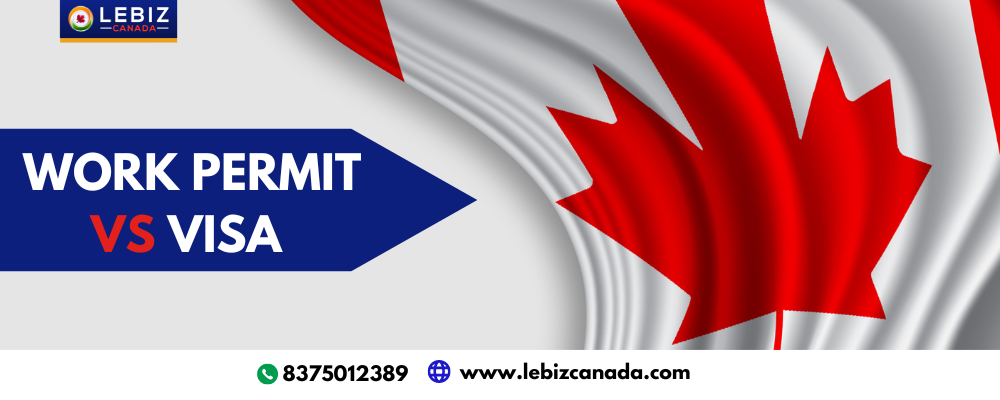Certainly! Here’s a comparison table highlighting the main differences between a work permit and a visa:
| Work Permit | Visa | |
|---|---|---|
| 1 | A document issued by a country’s government that allows foreign nationals to work legally within the country. | An official document or stamp issued by a country’s government that grants permission to enter and stay in the country for a specified purpose. |
| 2 | Typically tied to a specific job or employer. | Can have various purposes such as tourism, business, study, or work. |
| 3 | Usually temporary and has an expiration date. | Can be temporary or long-term, depending on the specific visa type. |
| 4 | Allows the individual to engage in employment activities within the country. | Does not necessarily grant permission to work; a separate work permit may be required depending on the country’s regulations. |
| 5 | Issued based on factors such as job skills, labor market needs, and employer sponsorship. | Issued based on the purpose of travel, such as tourism, business, study, or work. |
| 6 | Requires the individual to meet specific eligibility criteria, such as qualifications or experience, to obtain the work permit. | Requires the individual to meet specific eligibility criteria, such as financial means, health insurance, or ties to the home country, to obtain the visa. |
| 7 | May have restrictions on the type of work, duration of employment, or location where the individual can work. | Issued based on the purpose of travel, such as tourism, business, study, or work. |
It’s important to note that the specific requirements, terminology, and processes can vary between countries. It’s always advisable to consult the immigration authorities or embassies of the respective countries for accurate and up-to-date information regarding work permits and visas.

1 comment
[…] you’re considering working in Canada, a closed work permit could be a viable option. Closed work permits are issued for specific job offers and restrict employment to a particular employer. In this blog […]